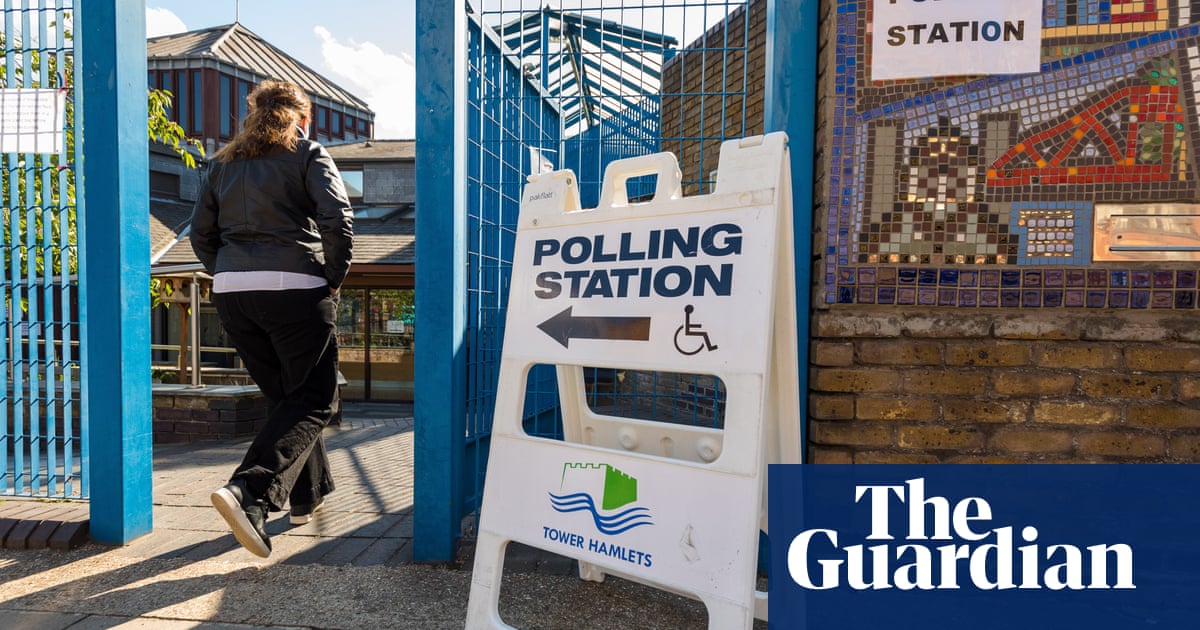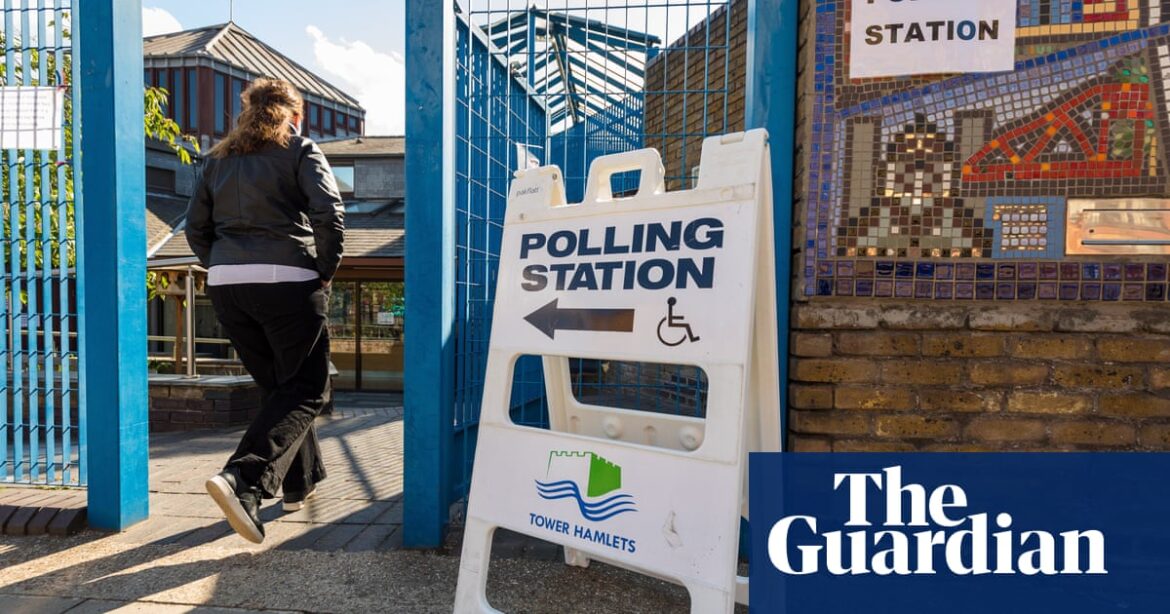
Ministers are being urged to amend a law requiring councillors to publish their home addresses amid rising concerns about the scale of intimidation and abuse in local government, and the impact it is having on women in particular.
Ahead of elections to councils across England on 2 May, the Local Government Association (LGA) has argued that a 1972 law setting out that addresses are given by default is out of date, and has left councillors feeling under threat.
Some councillors have warned that a recent upsurge in abuse and threats, often fuelled by social media, is forcing large numbers of women, already in a minority in local government, to quit as councillors, often after one term.
“We are losing really talented women who bring a lot to local government,” said Peter Golds, a Conservative councillor who represents a ward in Tower Hamlets, east London.
“I’ve sat on councils for 26 years and I can’t count the number of female councillors who leave because they don’t want to put up with it. We don’t need stupid protections, but there does need to be a degree of understanding of the pressures that we are all under.”
Female councillors, speaking to the Guardian, recounted incidents including people arriving at their homes or repeatedly making false allegations via social media.
Under the 1972 Local Government Act, home addresses are published as the norm. While a 2011 law allows this to be withheld if there are worries about threats or intimidation, the LGA argues that not publishing addresses should become the default.
The most recent LGA research into the issue showed that 82% of all councillors said they felt at risk at least sometimes, up from 73% a year before.
Women were notably less likely than men to say they never felt at risk– 19% as against 32% – while other LGA data showed the average length of term was also lower for female councillors, at 7.8 years versus 10 years.
Joanne Harding, a Labour councillor in Trafford, Greater Manchester, for over a decade, said she had sought three restraining orders in the last four years alone over threats and harassment.
Incidents including one in which a man arrived at her front door shouting abuse, when Harding and her then teenage daughter were inside, had made her consider quitting, she said. “I have thought, ‘Is this worth it, given the impact on my life, and my family’s life?’”
“However, one of the things I’m really keen to do is to encourage more women to come into politics, because we need more women in politics. So if I was to walk away, then I’m not shaping the future of the political world for women coming forward. And it’s not within me to walk away from bullies.”
Thalia Marrington, a Liberal Democrat on Cornwall county council, said she and colleagues were often targeted for abuse, especially on social media, even over relatively routine matters, for example on planning.
One local person disgruntled with a decision made by Marrington emailed a series of other councillors to make unfounded allegations, she said, taking a significant toll on her mental health.
“When you’re a councillor, you’re not an employee of the council, you don’t have employee protections,” she said. “At the worst point, I would probably in a normal world have been off sick with stress.
“I know I’m quite tough and it has made me struggle at times. It definitely will and does put people off standing. You are not going to get women particularly stepping forward into this role, which means we’re missing out on a rich pool of talent.”
Golds said some of the abuse verged on the ludicrous, citing one councillor who was targeted for false accusations along with her husband after a local person saw her on TV wearing a purple coat and “thought that meant she was part of the Illuminati, or some other bizarre conspiracy”.
“Things are getting far worse. It is becoming deeply personal and unpleasant,” Golds said, calling the requirement for addresses to be published a relic from “a completely different world”.
Marianne Overton, a Lincolnshire councillor who chairs the LGA’s group on civility in public life, said it was “profoundly disturbing to hear of reports of councillors being harassed and intimidated whilst doing their job”.
She said: “It is unnecessary that councils are still often required to publish a councillor’s home address. We believe this can lead to a councillor’s personal safety being compromised and leaves councillors and their families feeling distressed and vulnerable.
“We are urging the government to introduce legislation that would allow a council to proactively withhold councillors’ home addresses from the public as soon as is possible.”
Asked if the government would consider this, a Department for Levelling Up, Housing and Communities spokesperson pointed to advice about the 2011 measure allowing councillors to opt out of having their addresses published if needed.
Source: theguardian.com



